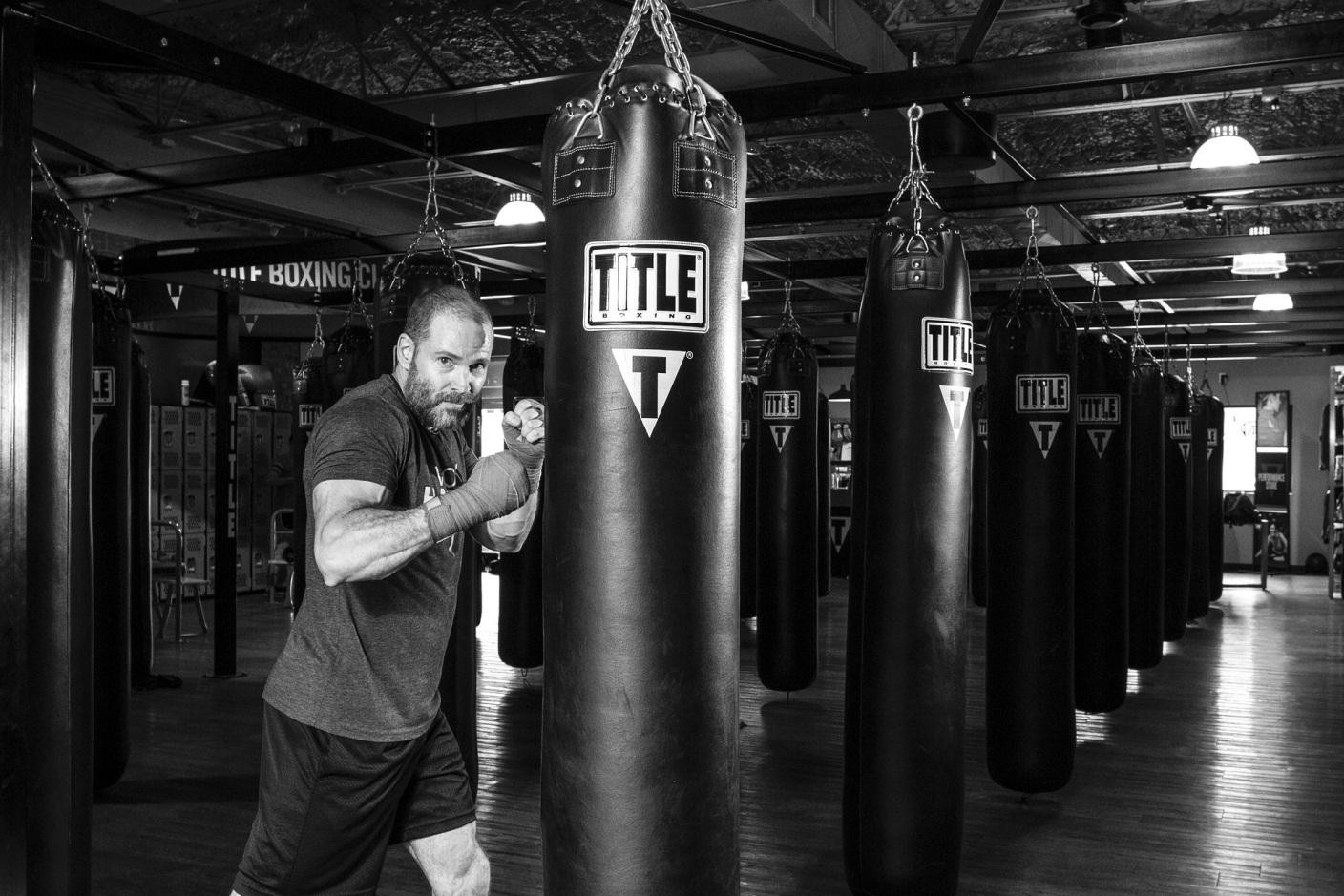5 Reasons Why The Education Of A Fighter Shouldn’t Be Looked Over In The MMA World

Mixed Martial Arts has been gaining momentum as one of the most popular sports around the world in recent years. With a recent $4bn deal of UFC, it has also become one of the most lucrative sports around the world. The potential economic impact of MMA around the globe is huge and the arena owners who host the bouts realize that. Whatever city is hosting an MMA event is likely to gain hundreds of thousands of dollars in revenue because the MMA fans, unlike boxing fans, tend to arrive early and leave late. The sports that is now governed under Unified Rules of Mixed Martial Arts drafted by New Jersey State Athletic Control Board, averaged gate revenues of $2.8million in 2007, whereas in 2017, just the Conor McGregor vs Floyd Mayweather fight generated $600million in revenues and a further $4.3million in PPV(source: Forbes).
College education cannot be overlooked in a MMA fighter’s career. With the regulations in place and most prestigious sports bodies recognizing a sport and ensuring the safety of the fighters, many colleges are offering College MMA programs and current MMA/UFC crop boasts plenty of fighters who were in college for wrestling scholarships.
A high percentage of professionals playing in the NBA and NFL are college graduates but in Baseball the percentage is much lower. MMA fighters come from different backgrounds. Some hail from being raised in difficult circumstances and a few fighters hold professional college degrees. Rosi Sexton received her PhD in Theoretical Computer Science from University of Manchester in 2003. Rhadi Ferguson graduated from Howard University in 2002 with a Mechanical Engineering degree. In 2002, he completed his Master’s Degree from Howard University in Teaching. In 2009, he was awarded a PhD in Education. Seth Kleinbeck is a practicing doctor which is a good thing because, at the very least he can attend to his cuts and bruises himself.
Becoming a pro MMA fighter takes lots of skill and lots of time. College wrestling surely helps! You get competition experience, daily training and get to train along with some of the best talent across the country. Jon Jones, Cain Velasquez, Demetrious Johnson, TJ Diliashaw come from a wrestling background and the list goes on! Four years of professional training certainly helps you achieve a step closer to becoming a pro MMA fighter. This, along with a professional degree that you attain along the valuable experience, certainly molds you into a better professional. The tough practice and educational routine at college disciplines you into becoming a pro.
According to a survey done by ww.ncaa.org less than 2% of the students on sports scholarships make it as pros. The other 98% seek real work after graduating and the quickest way to finding a job it through a college degree and the expertise that comes along with it. This is no offence to the skills that the athletes have but it is a rational approach to think that not everybody makes a career out of their athletic skills. There are always exceptions like Nate Diaz who was a high school drop-out but as stated above, 98% of the college athletes do not make it to the pros. So it is vital to have an alternate plan for your life.
It is agreed that much of the information given to the athletes during college wouldn’t really help them in the cage but the analytical thinking and reasoning skills go a long way. Again, this is no disrespect to the natural skills that some athletes and fighters possess. In MMA, fighters just don’t have to analyze their own weaknesses but the opponent’s as well. Hours of footages, stats and data are taken into account when preparing a fighter for a fight. Analytical skills acquired during college can help a MMA fighter to maximize the strengths of his own and target the weaknesses of the opponents. The preparation for a fight is now done on a fight to fight basis depending on the opponent. This was implemented by Randy Couture and to great success. Couture, a graduate of Oklahoma University, helped scheme the fall of fighters like Tito Ortiz to much older opponents.
College athletes tend to be more open towards coaching and innovation. They fully understand the value of learning new skill sets and try out new methods of training. This results in them mastering new skills with a faster pace than seen in other athletes. This comes down to primarily the unique skill sets that they acquired during college: athleticism, work ethic and a level of education that was previously unheard of in MMA.
With MMA becoming a multi-billion dollar sport, the value of having an educated athlete as the part of the brand adds enormous weight. With heavy media coverage, press conferences and social media scrutinizing every single aspect of a fighter’s life, it is of great importance for the fighter to be able to handle himself around people and media. Education is still an un-accounted skill in MMA and people don’t take this into account when weighing the fights. A fighter that has a college education is already disciplined and certainly a hard worker. These are two of the most important traits that a fighter should possess.
Whatever is stated above is not an attempt to undermine the enormous amount of skill the fighters possess but an attempt to bring attention to the importance of education to be taken into account while considering any MMA athlete.
